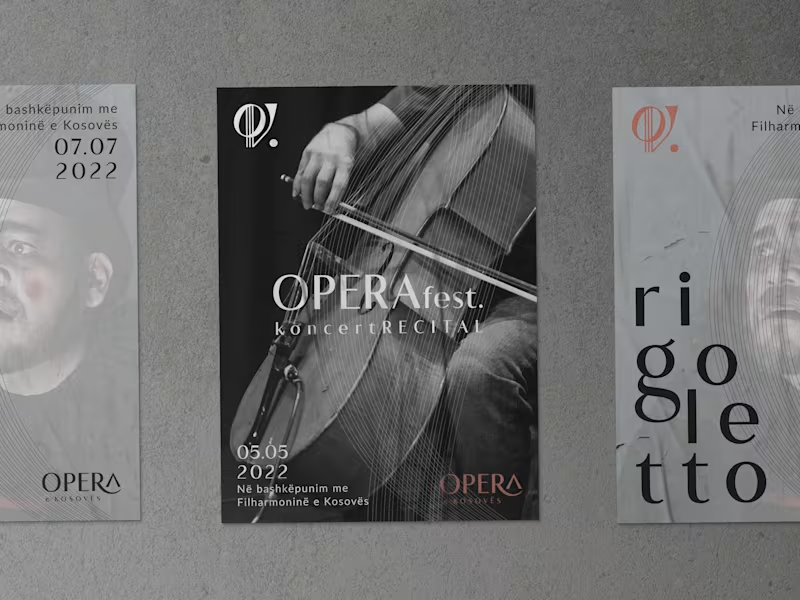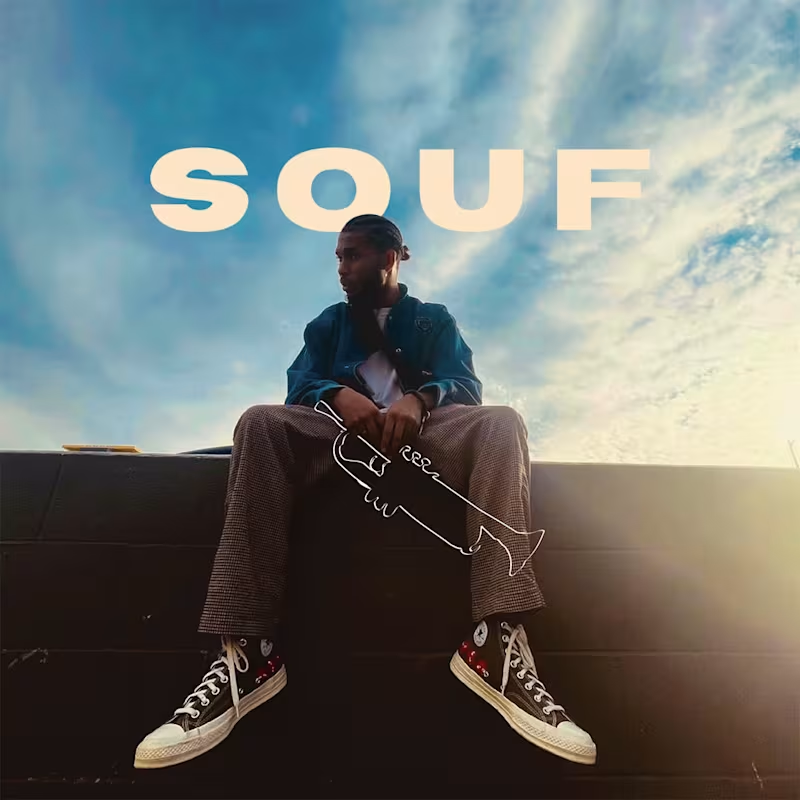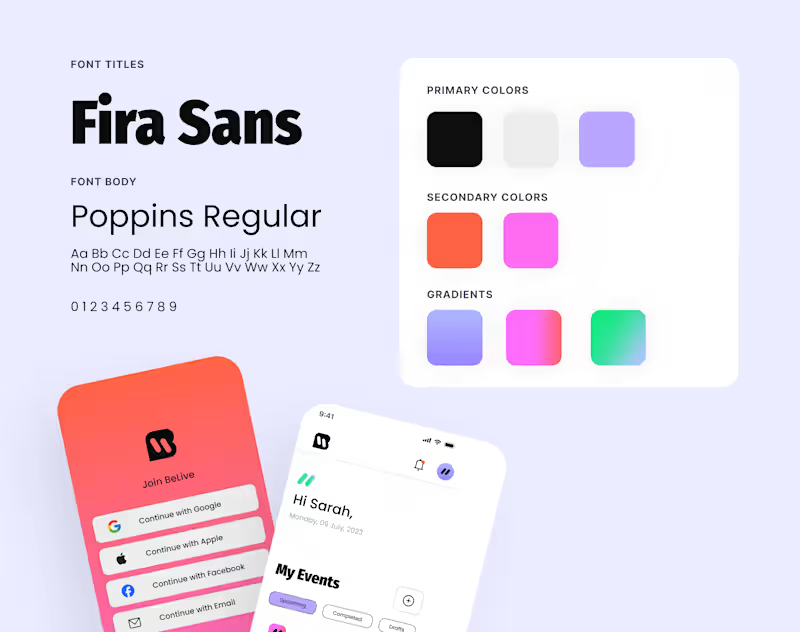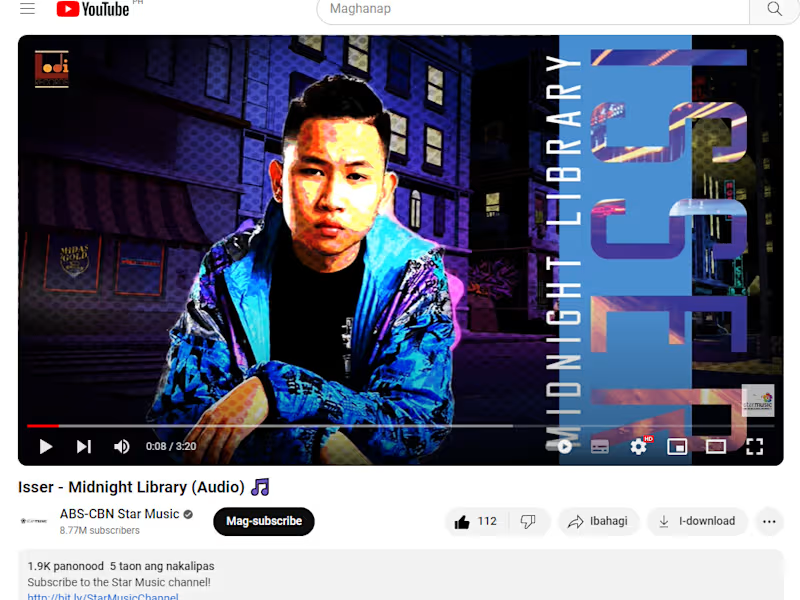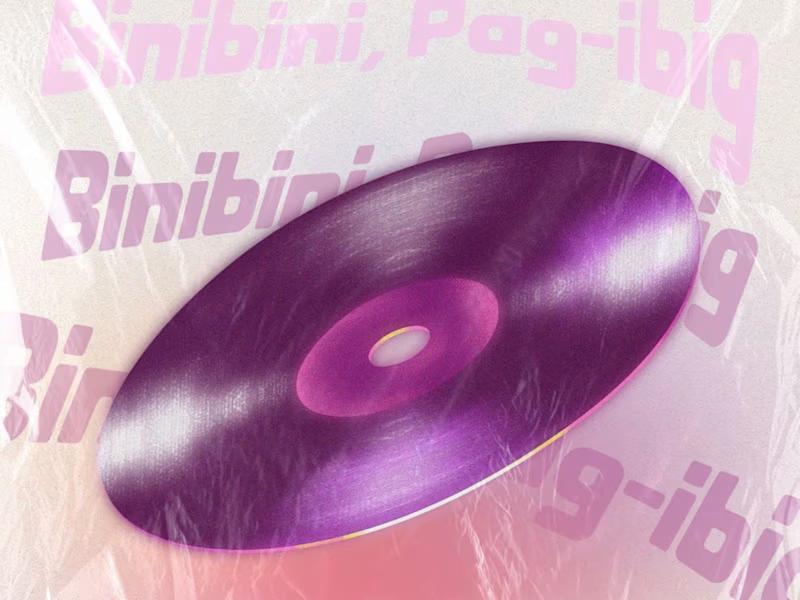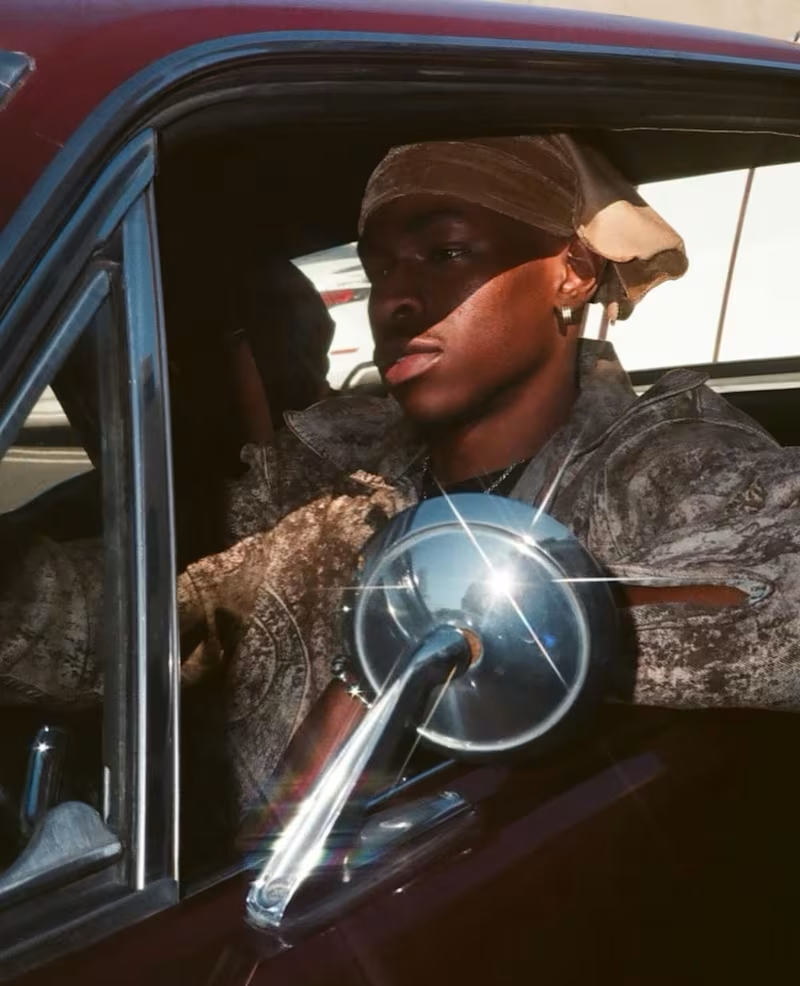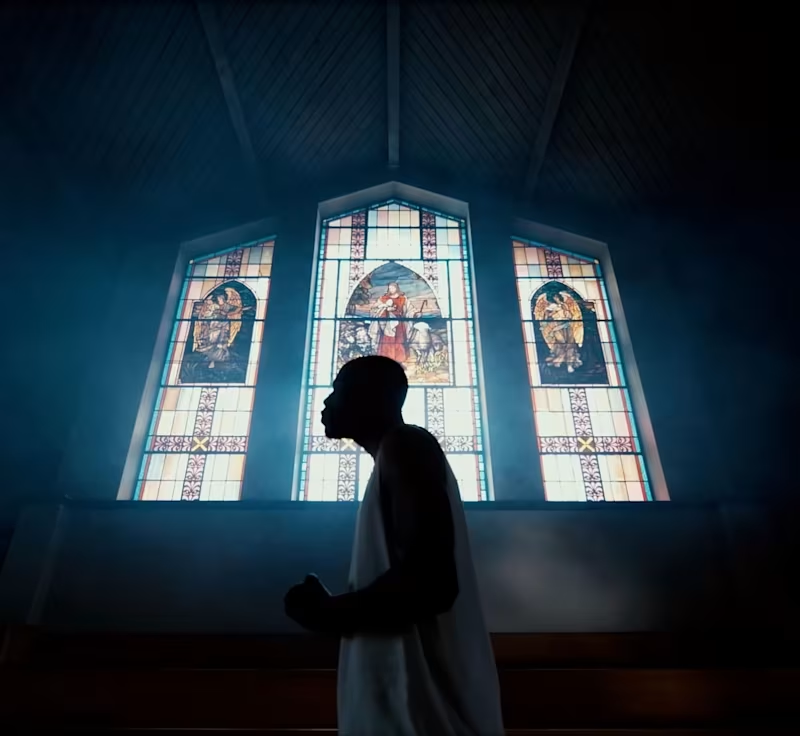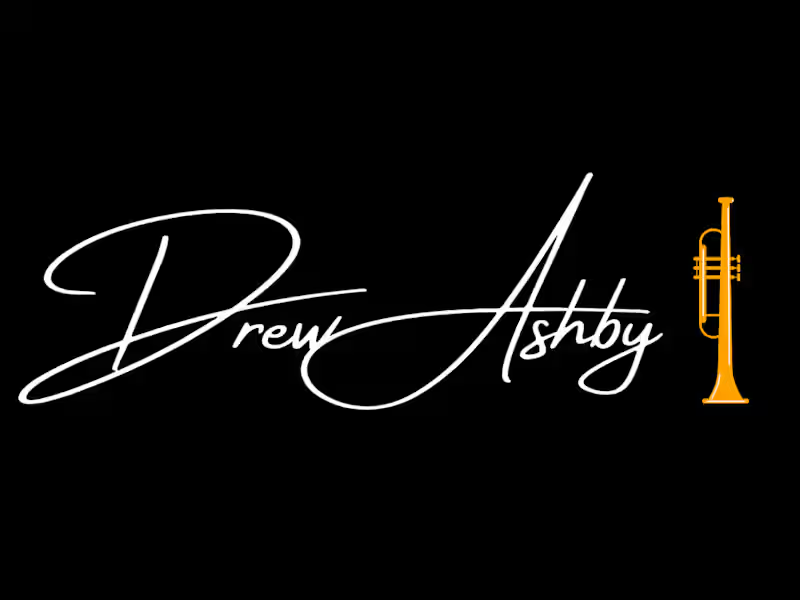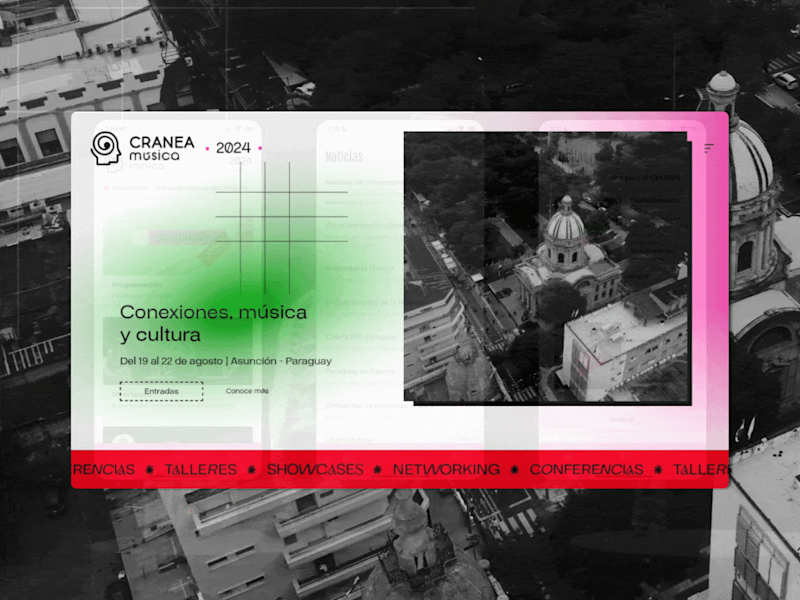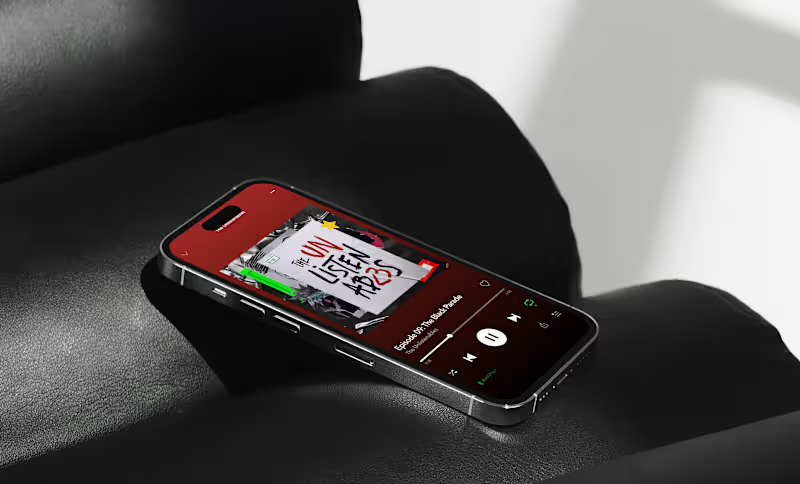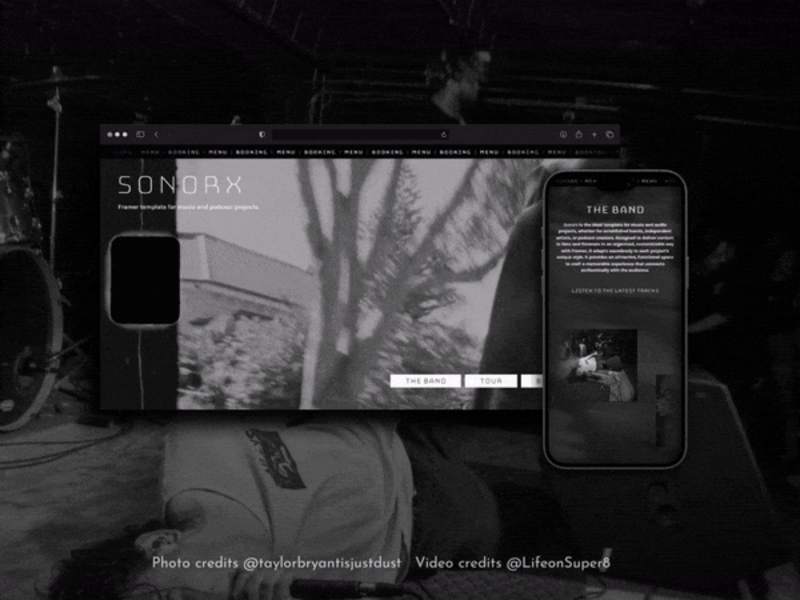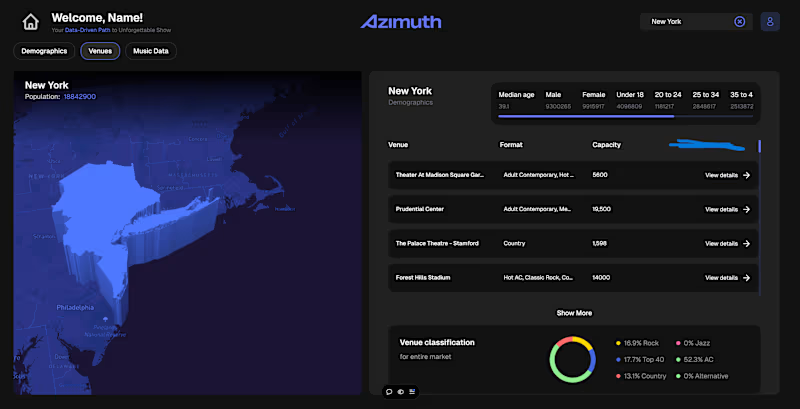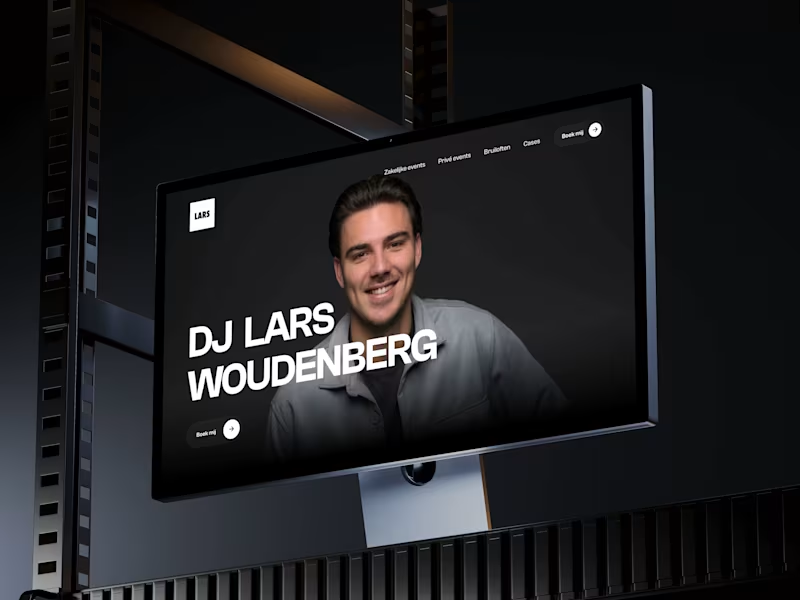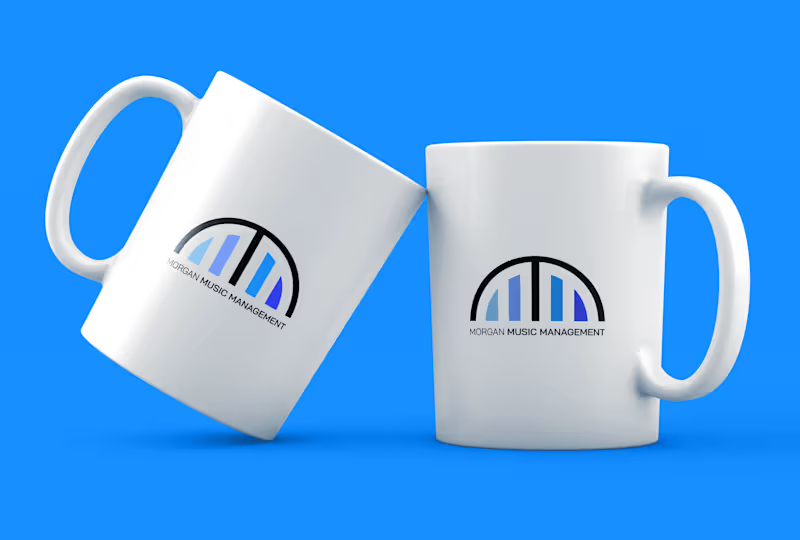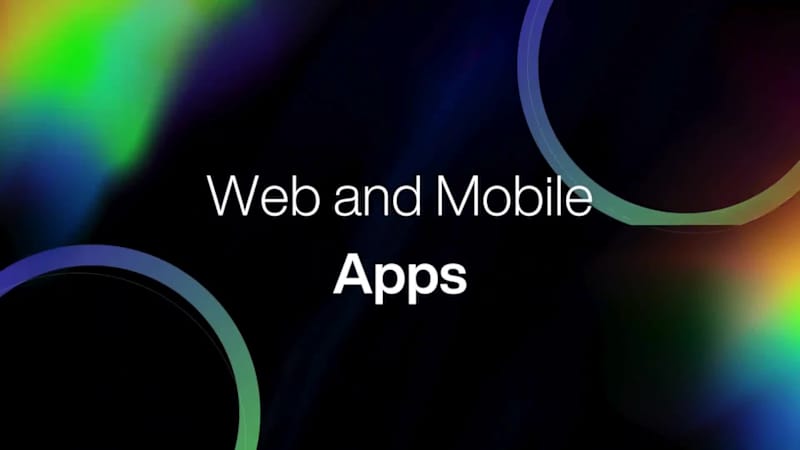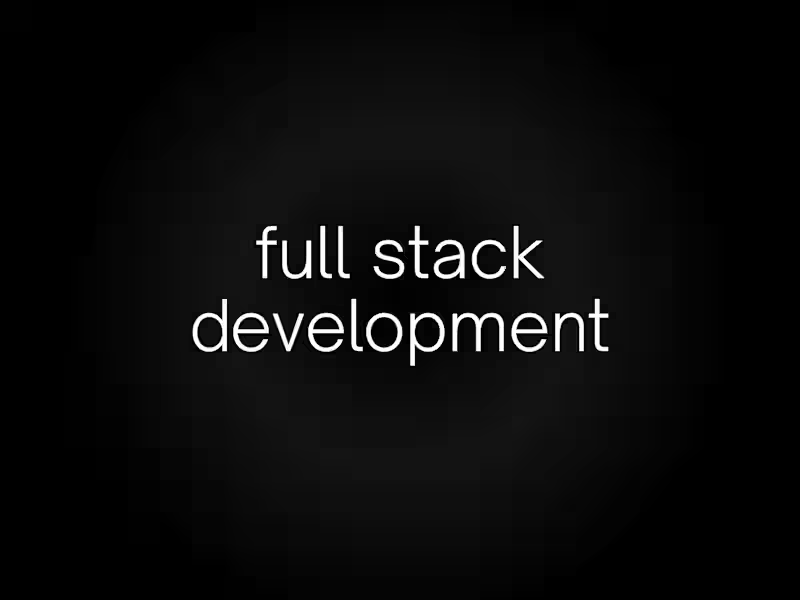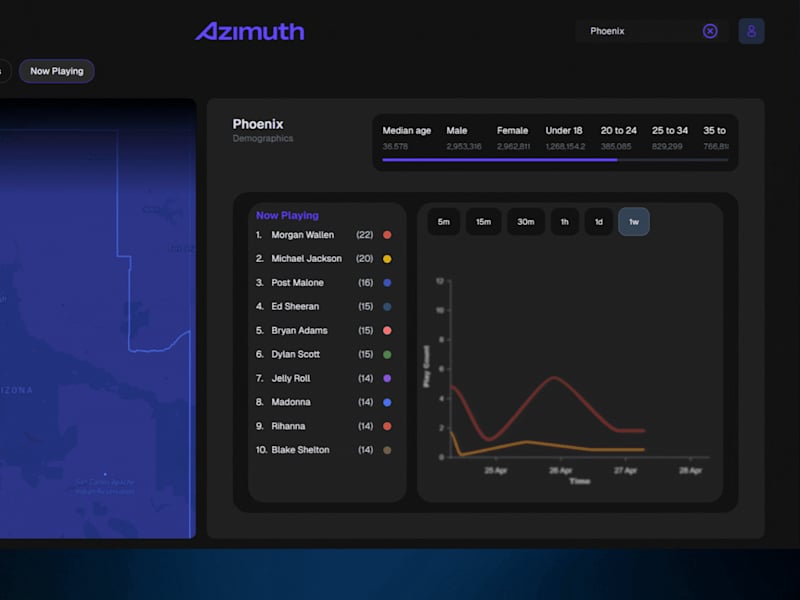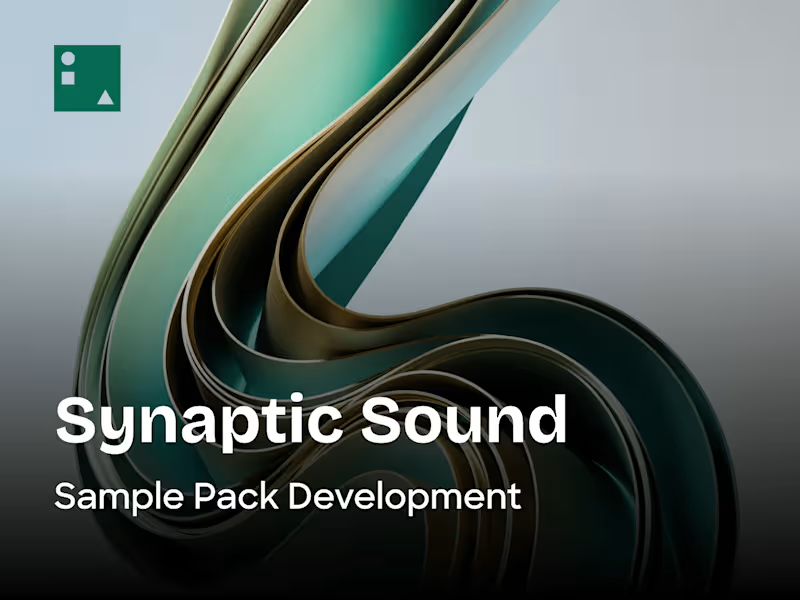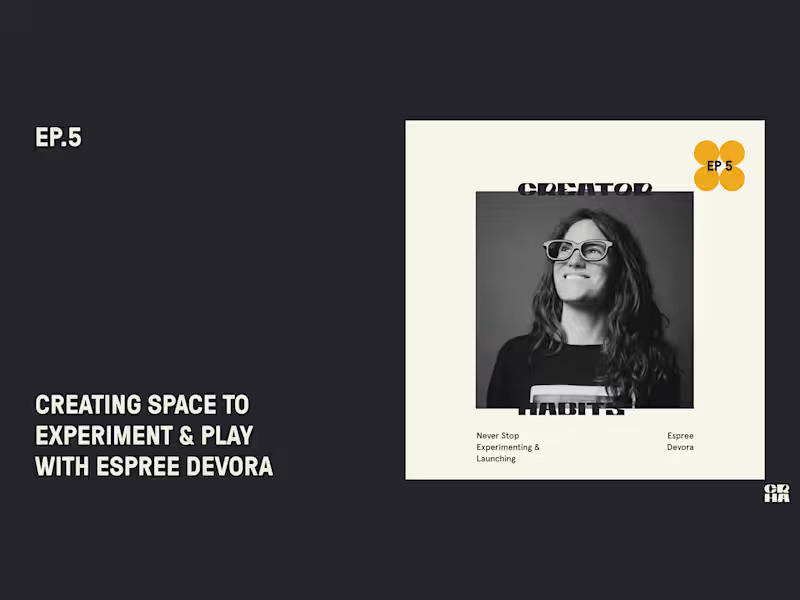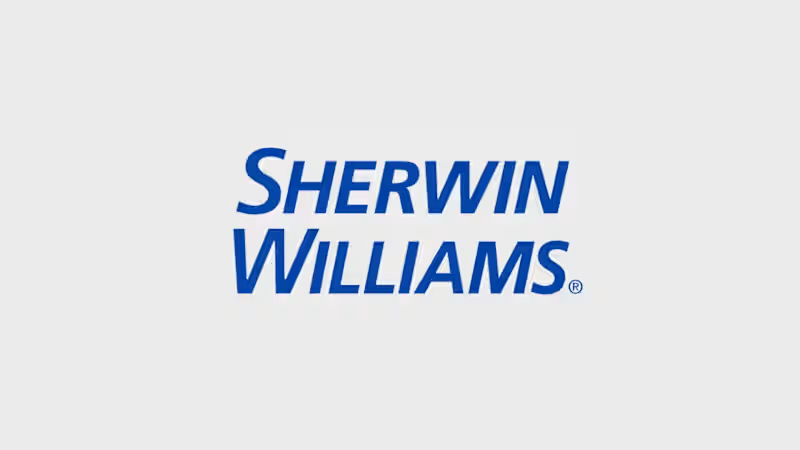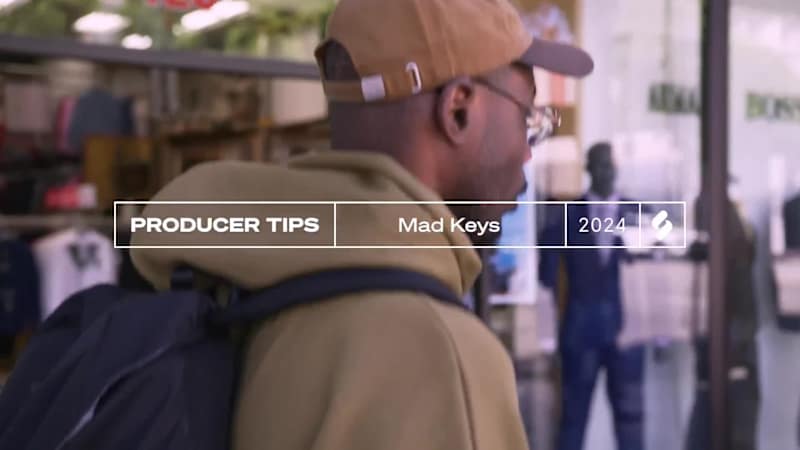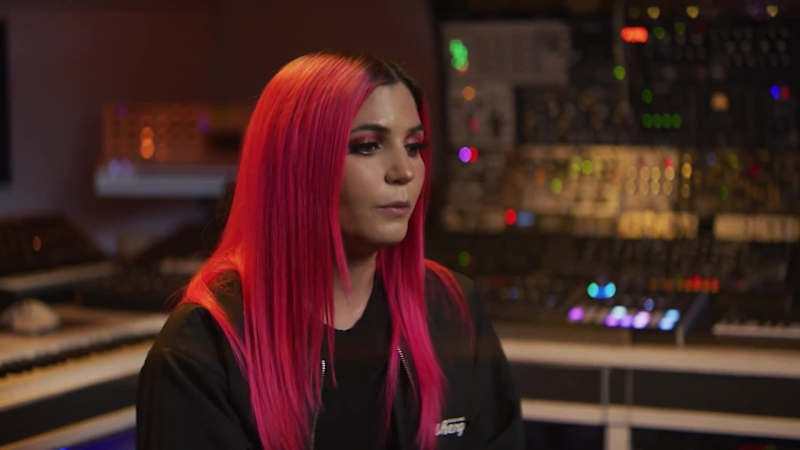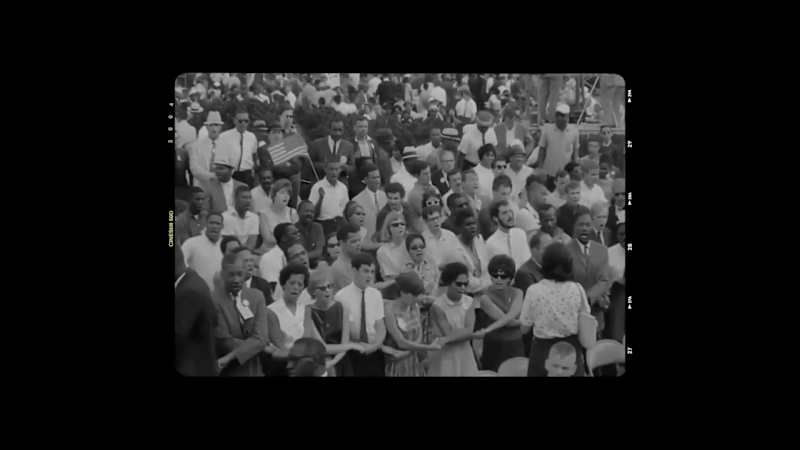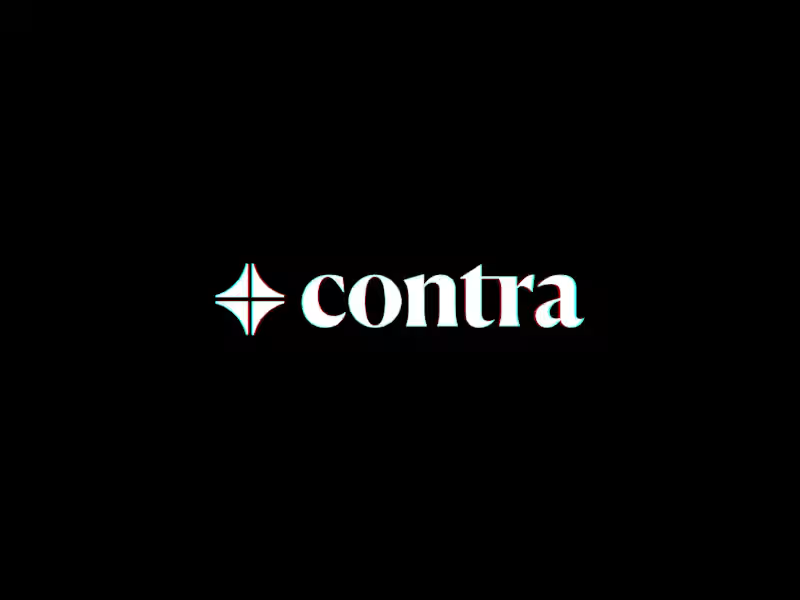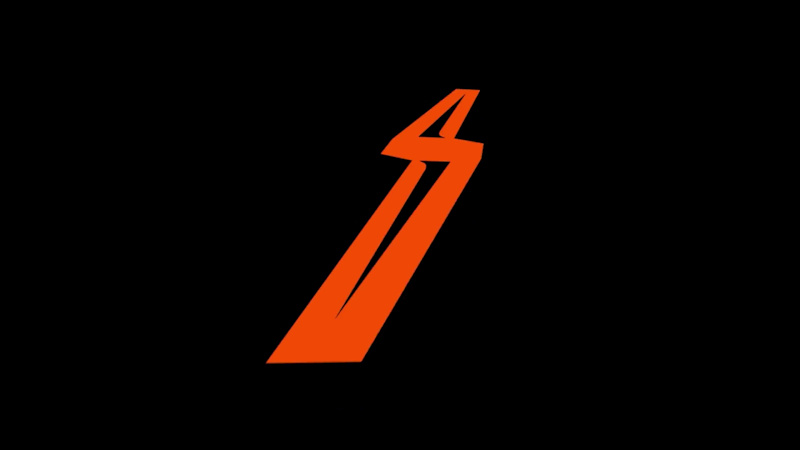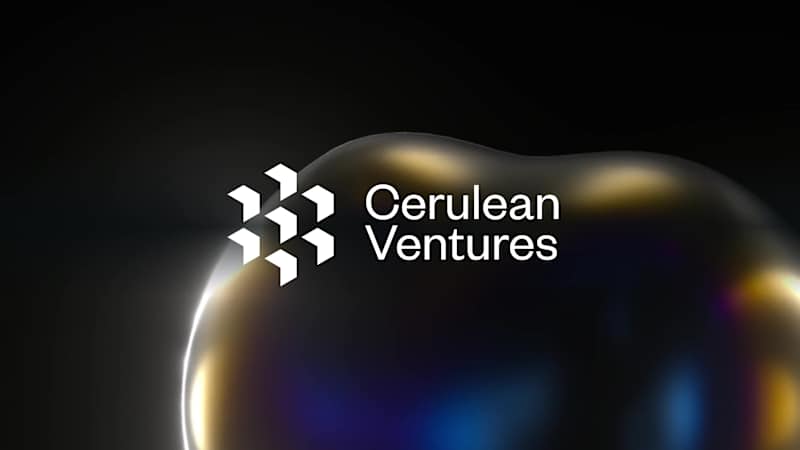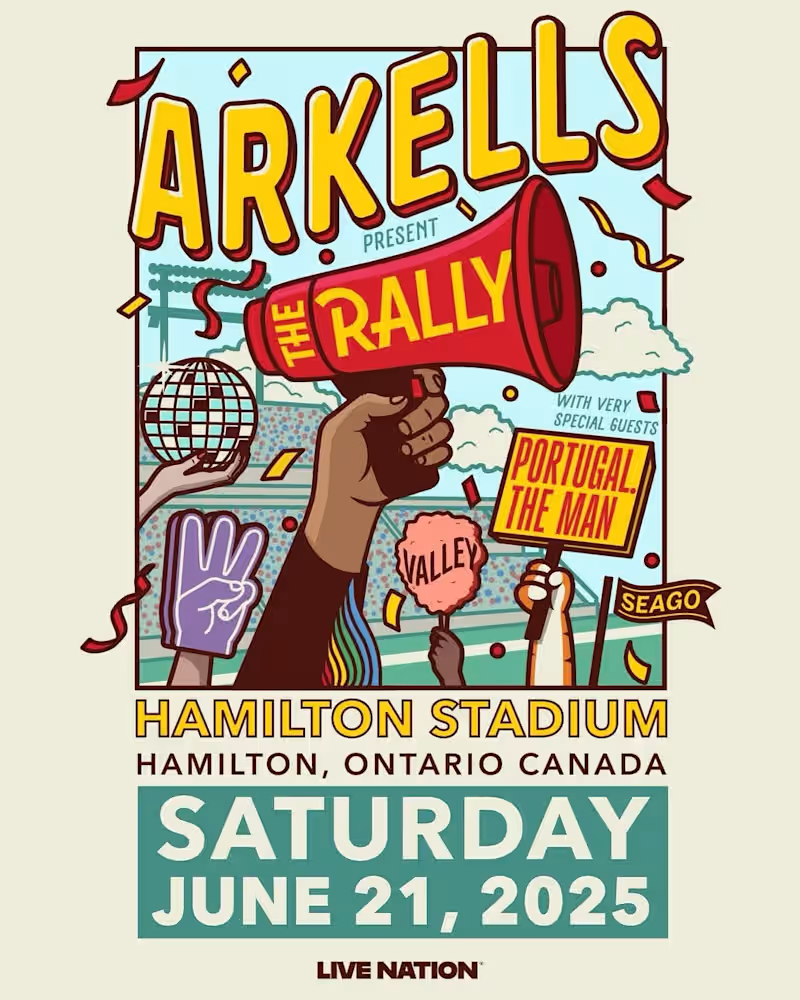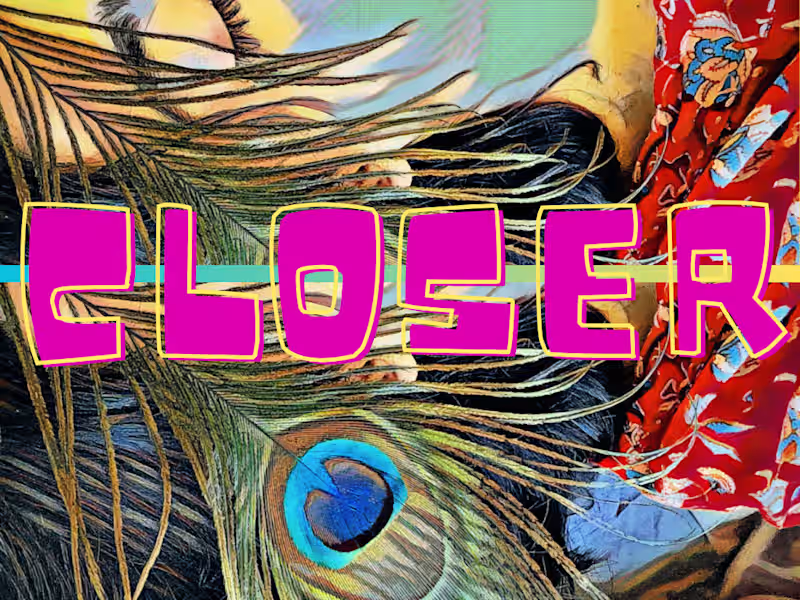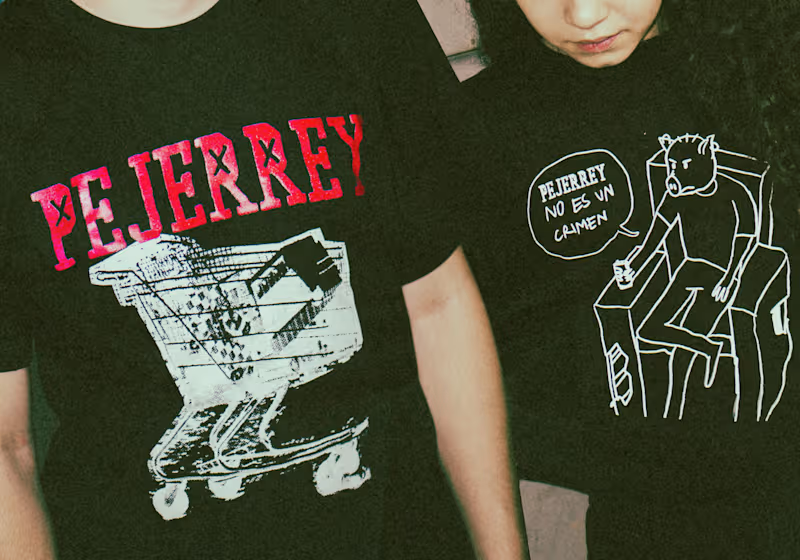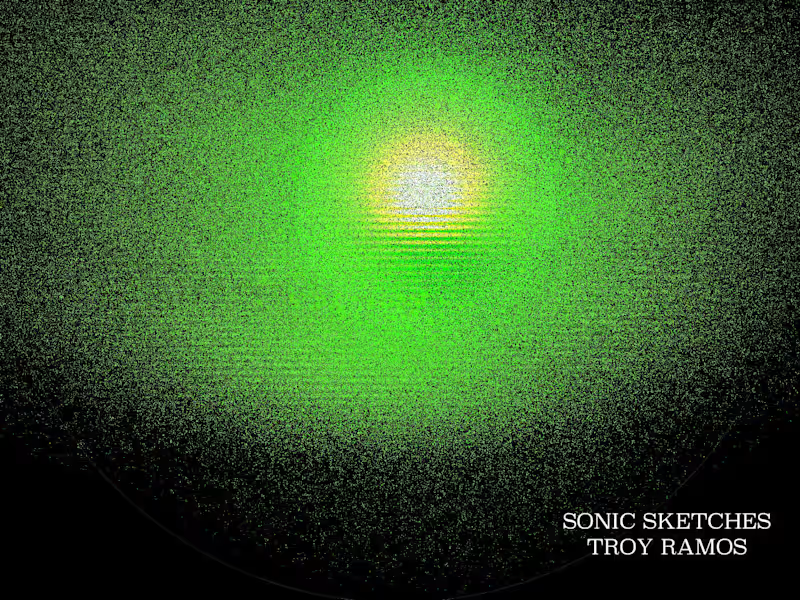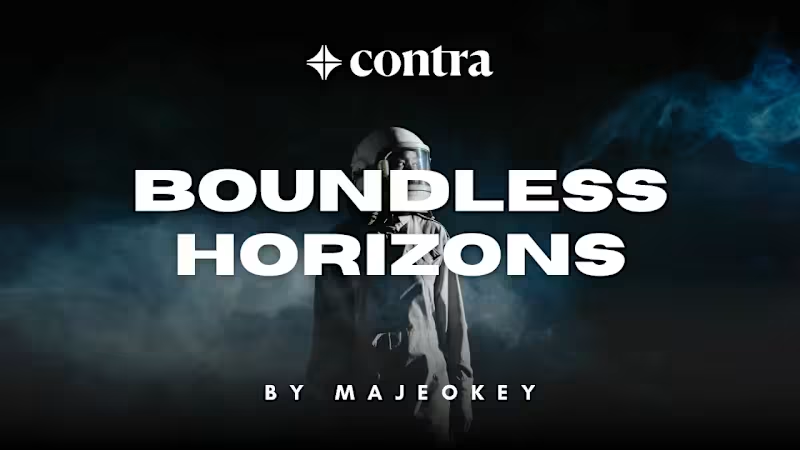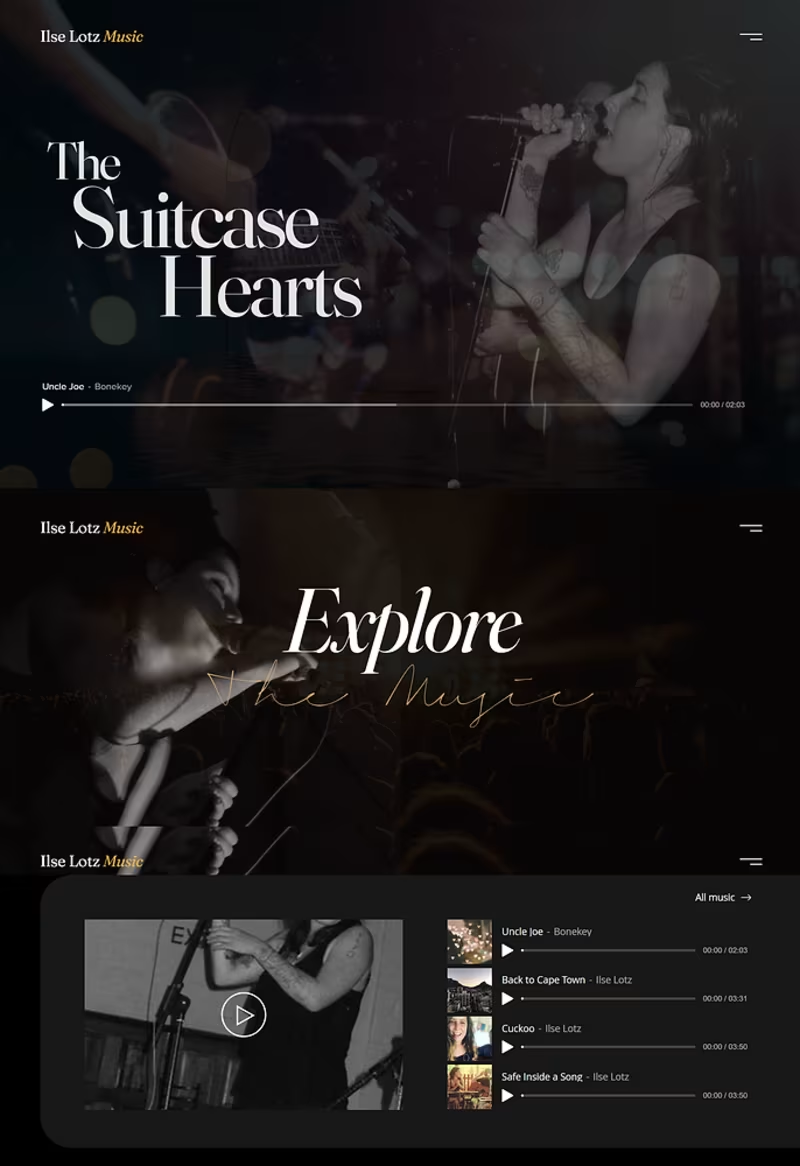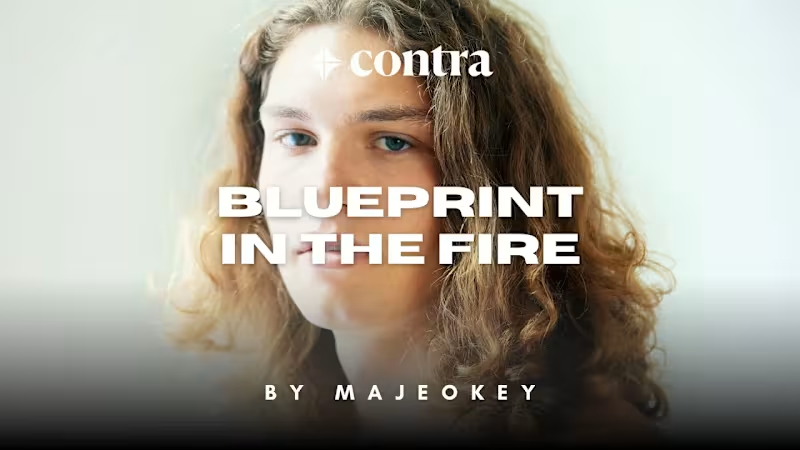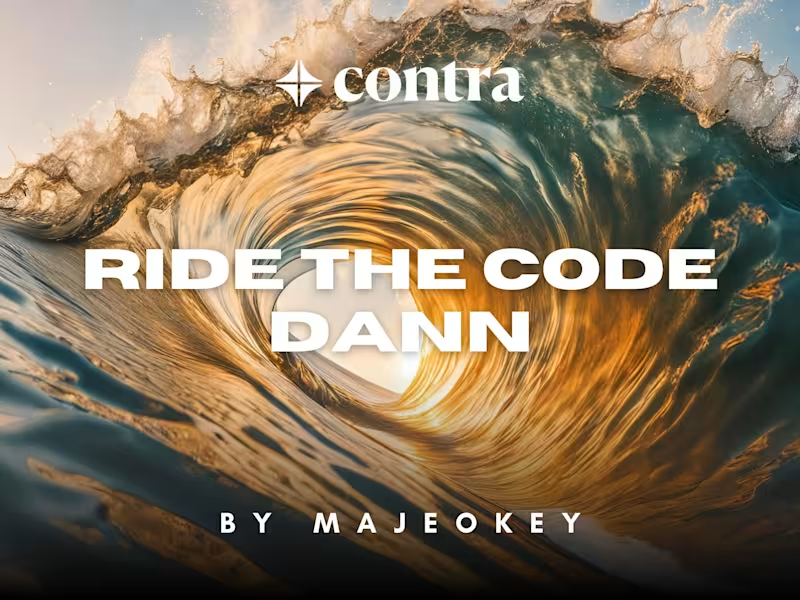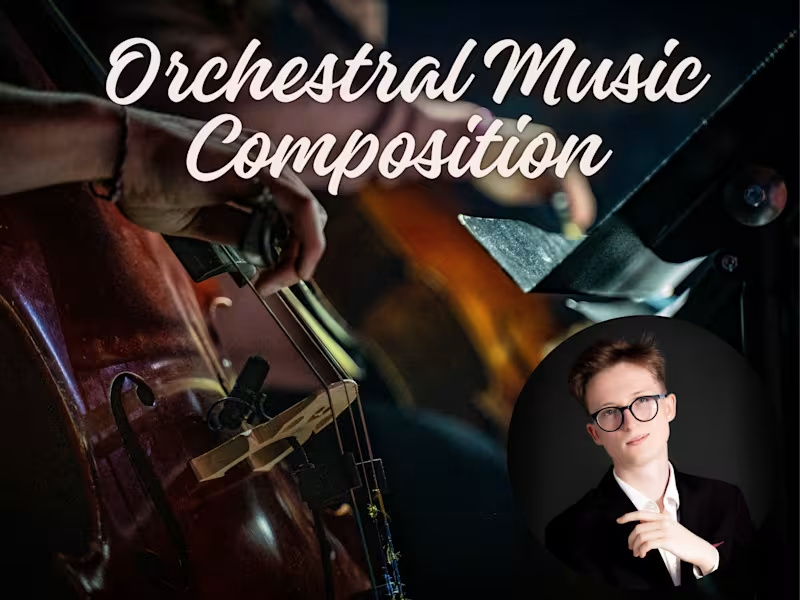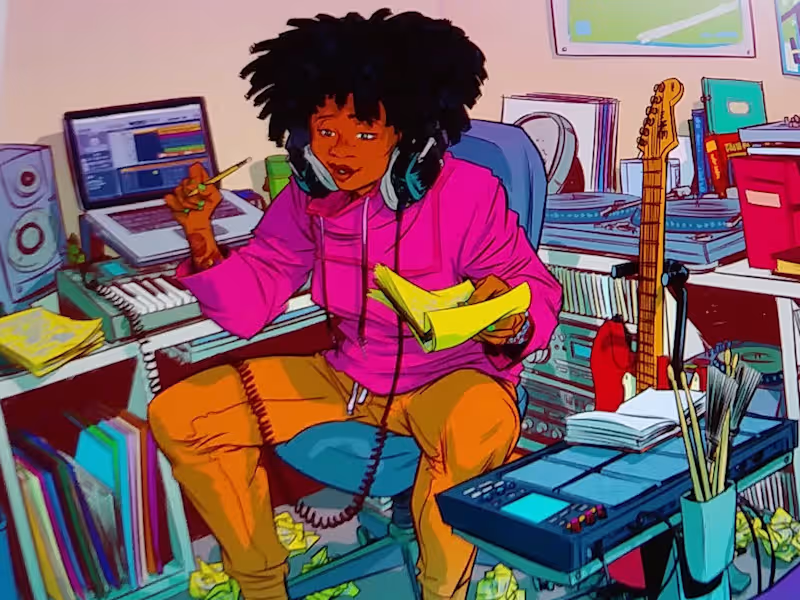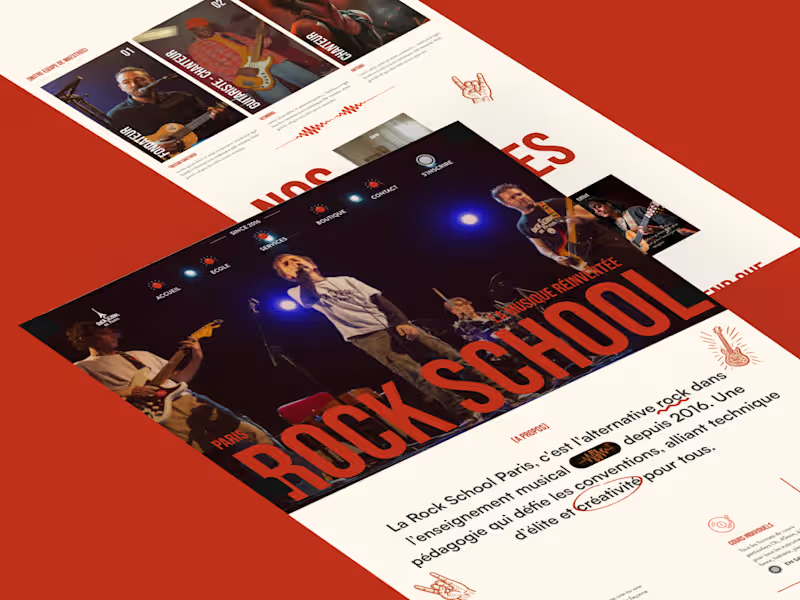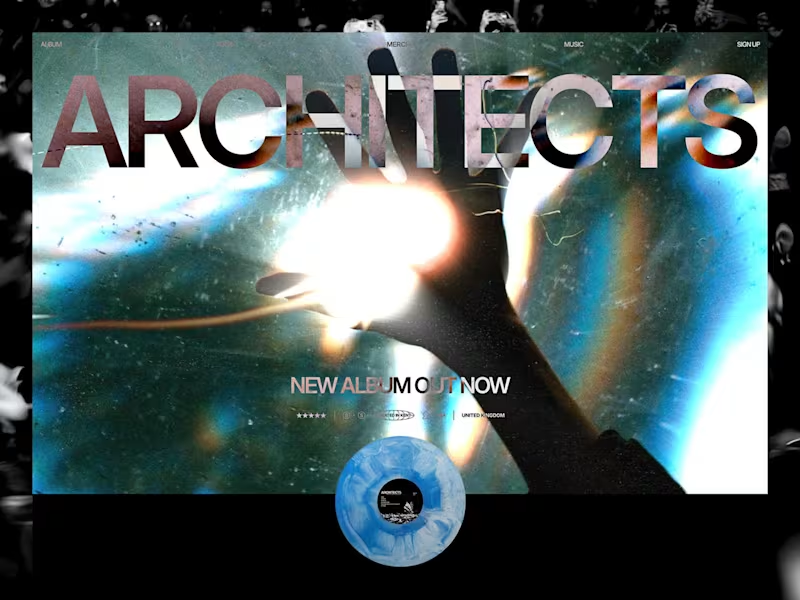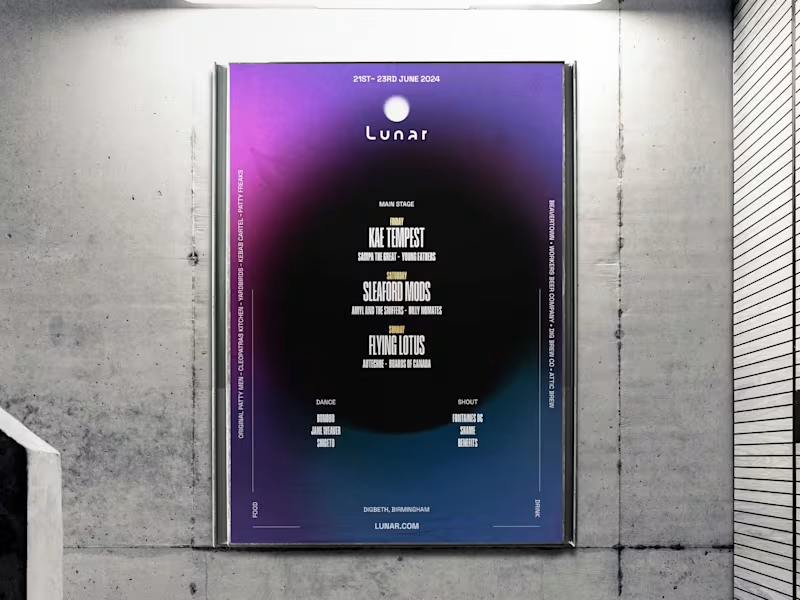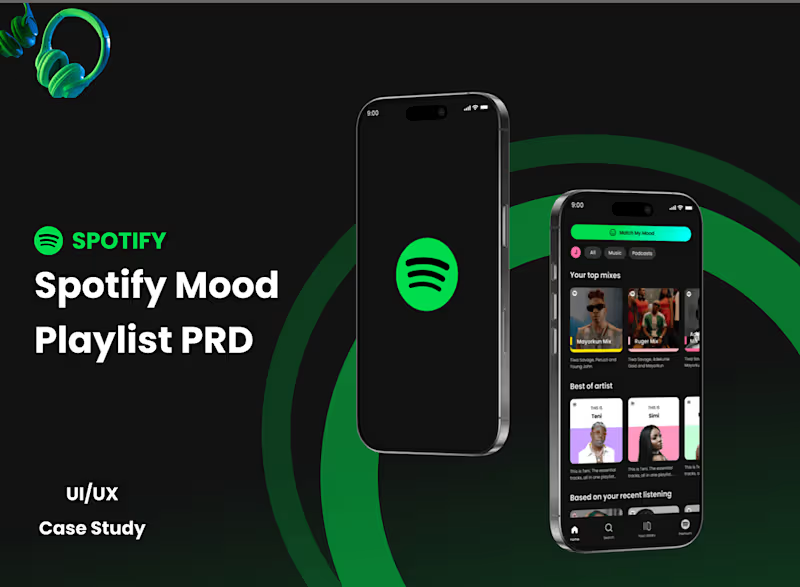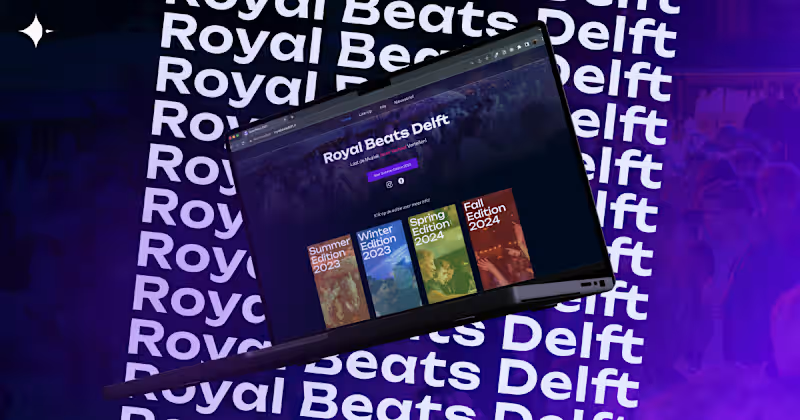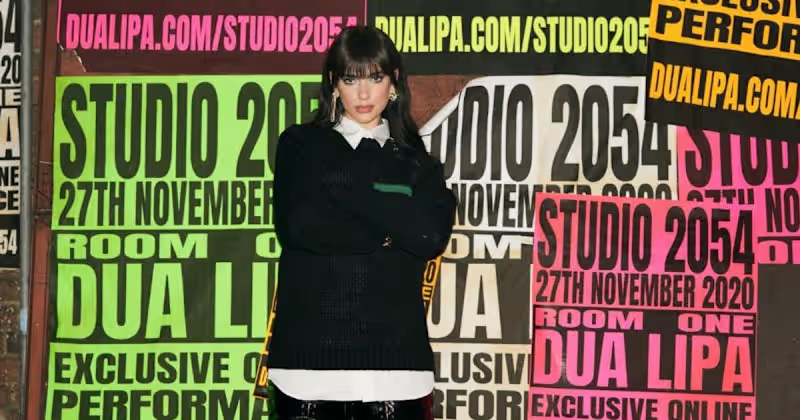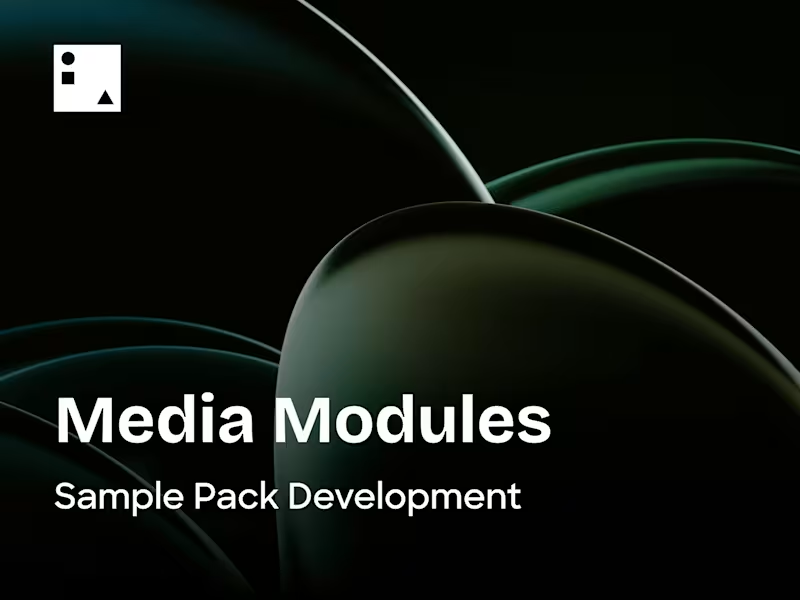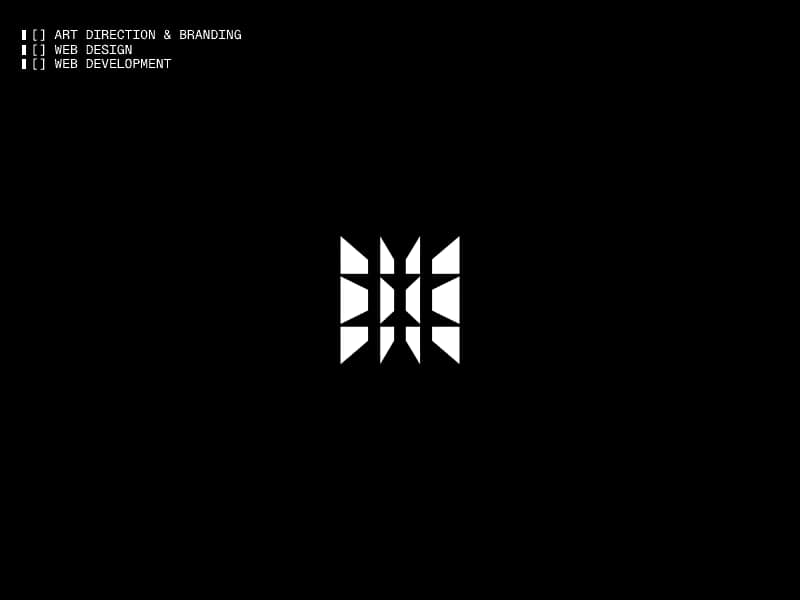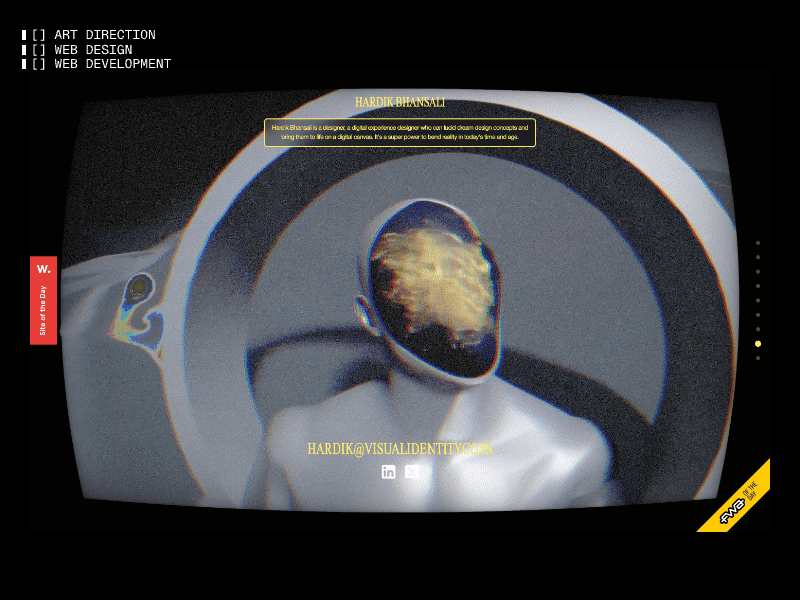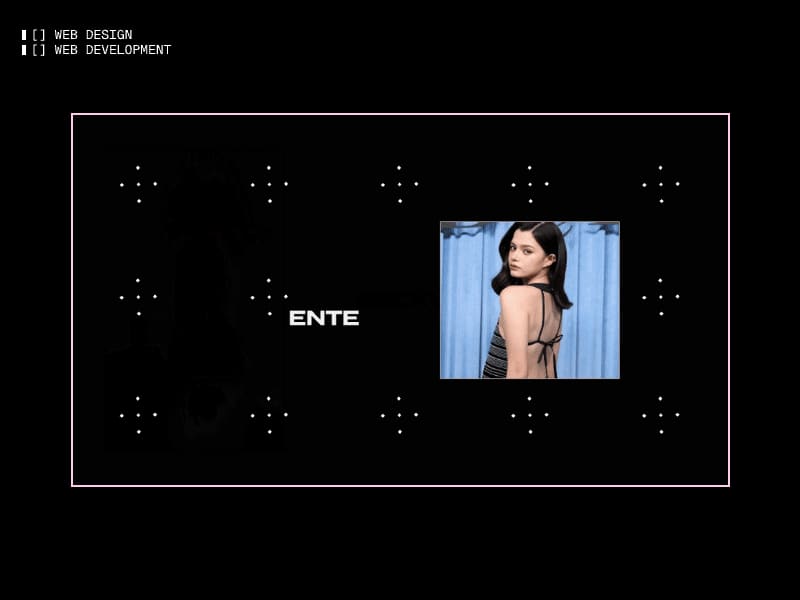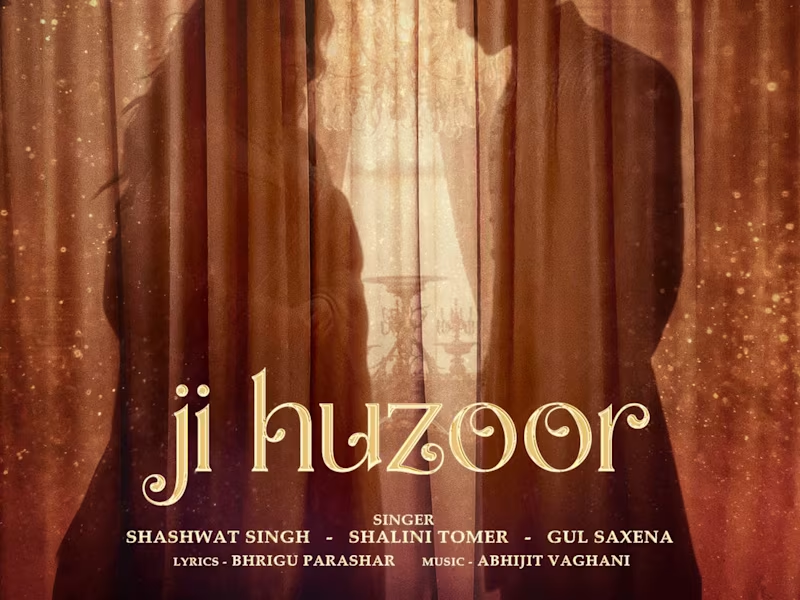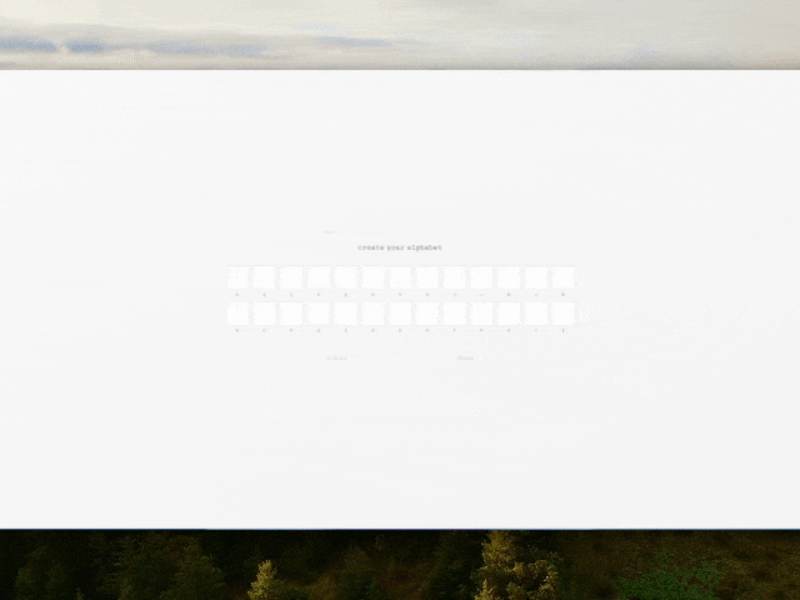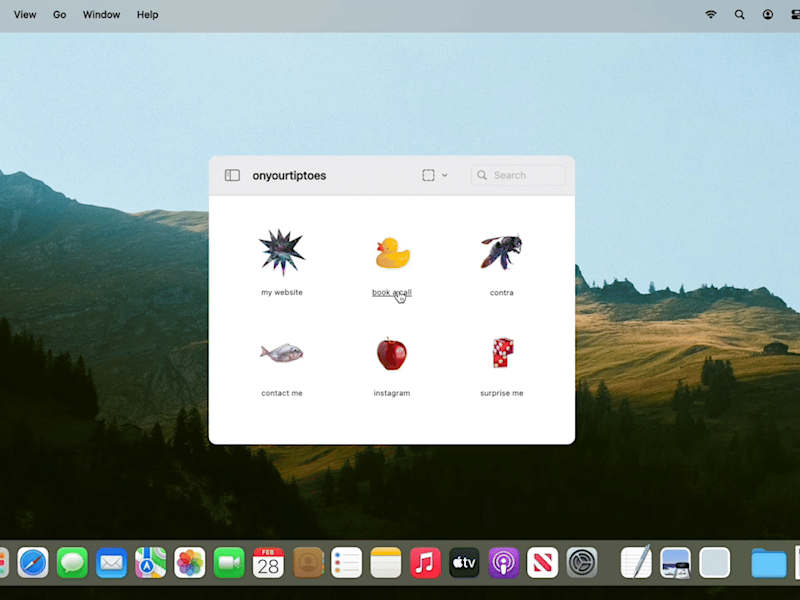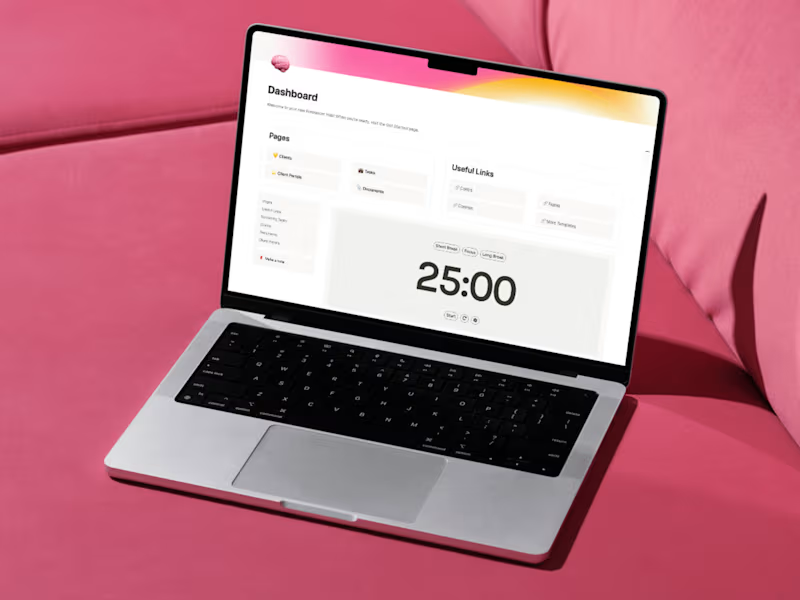What type of music style are you looking for?
Think about the mood and emotion you want your project to have. Do you want something upbeat, relaxing, or dramatic? Knowing the right music style helps the composer understand your vision better.
How do you define the project’s timeline?
Decide when you need the music ready by, and if there are any important dates. This helps in organizing the work schedule. Remember to give enough time for any changes you may need.
What is the background of your project?
Share the story or message behind your project. This gives the composer a bigger picture of what you want to achieve. When composers know the purpose, they can create more fitting music.
How do you plan to use the music?
Think about where the music will be used, like in a video or a game. Knowing the setting will guide the composer in creating something that fits perfectly. It also helps in understanding any technical needs.
Do you have any examples or references?
Providing examples of music you like can guide the composer. It shows them what kind of sound or vibe you’re aiming for. This helps prevent misunderstandings in music style and tone.
What specific music elements do you need?
Consider if you need things like specific instruments or beats. Knowing these details makes the composer’s job easier and more accurate. It also helps ensure you get the exact sound you want.
How do you plan to review the music progress?
Decide on how often you would like updates on the music. Having regular check-ins can keep everything on track. It also allows for early adjustments if needed.
How will you handle feedback and changes?
Think about how you want to give feedback to the composer. It’s important to be clear and constructive. This helps the composer make precise adjustments to meet your needs.
What are the essential deliverables you expect?
Make a list of what you need when the project is done. This could include different versions of the music or technical files. Being clear on deliverables helps avoid any missing pieces at the end.
Are there any specific deadlines or milestones?
Identify any key points where you need to see progress or have a delivery. Setting these can help ensure the project stays on schedule. It also helps everyone align their expectations.
Who is Contra for?
Contra is designed for both freelancers (referred to as "independents") and clients. Freelancers can showcase their work, connect with clients, and manage projects commission-free. Clients can discover and hire top freelance talent for their projects.
What is the vision of Contra?
Contra aims to revolutionize the world of work by providing an all-in-one platform that empowers freelancers and clients to connect and collaborate seamlessly, eliminating traditional barriers and commission fees.





































